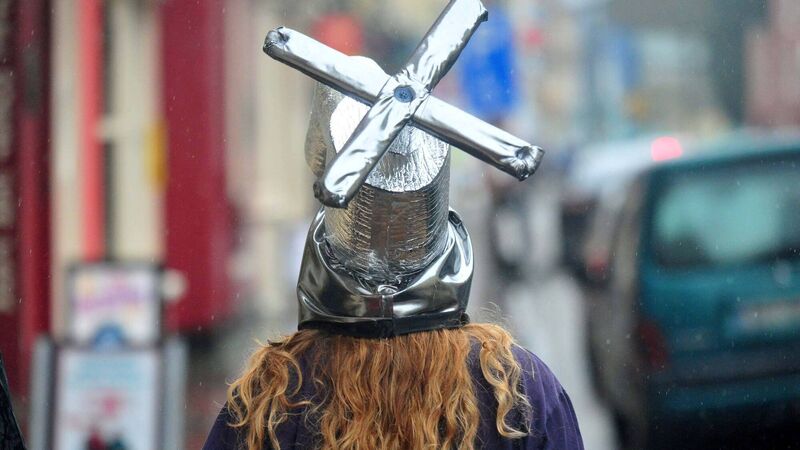Mick Clifford: The Irish problem with paying for water nobody wants to solve

On the face of it, the principle of water charges was a no-brainer. Since the abolition of rates in 1977, there was effectively no direct charge for household services such as treated water and waste. Picture: Denis Minihane
It was a chilly afternoon on the canvas. Paul Murphy was going door to door in Tallaght, fighting an uphill battle in his attempt to be elected to the Dáil. This was October 2014.
A few months previously, the Dublin South West TD Brian Hayes had been elected to the European Parliament and his Dáil seat was up for grabs. Sinn Féin’s candidate Cathal King was an unbackable 1/8, with Murphy trailing at a value bet of 9/2.













